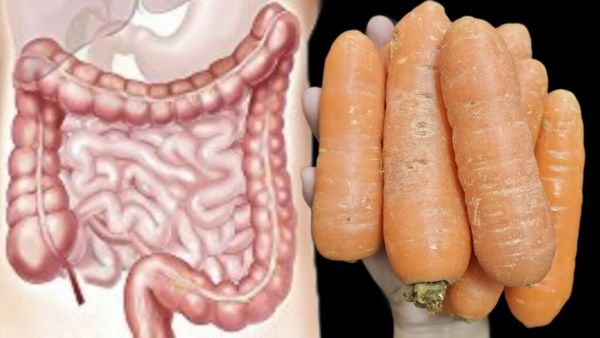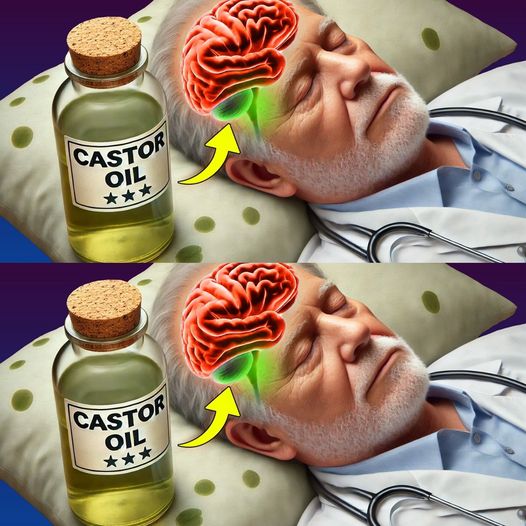
The kidneys, located just below the rib cage, perform the vital function of cleansing and detoxifying the body by filtering 10-150 quarts of blood each day. They play a crucial role in maintaining overall health, regulating electrolyte levels, strengthening bones, producing red blood cells, and stabilizing blood pressure.
When the kidneys start to malfunction, it can have a significant impact on our health. It is important to recognize the signs of kidney damage or failure early on to prevent further complications. Here are some signs to look out for:
1. Swellings
One of the early signs of kidney trouble is swelling. As the kidneys become less effective at eliminating excess fluids, the extra fluid can cause bloating and swelling in the face, joints, and limbs.
2. Urination Changes
Changes in urination patterns can indicate kidney problems. Look out for these signs:
- Difficulty urinating
- Feeling pressure during urination
- Dark urine, infrequent urination, and in small amounts
- Pale-colored urine, frequent urination, and in large amounts
- Foamy urine
- Increased urge to urinate during the night
3. Skin Rash
Kidney failure can lead to a buildup of waste in the body, which can manifest as rashes and itching on the skin. The accumulation of waste in the blood can make the skin look unhealthy, dry, and irritated. While lotions and creams can provide temporary relief, addressing the underlying kidney problem is essential.
4. Fatigue
Healthy kidneys produce a hormone called erythropoietin (EPO) that stimulates the production of red blood cells. These red blood cells transport oxygen to where it is needed in the body. If the number of red blood cells decreases, fatigue can set in, affecting both the brain and muscles. Fatigue can also be a sign of severe anemia.
5. Shortness of Breath
Kidney damage can lead to a decrease in the number of red blood cells, resulting in a reduced oxygen supply to the body. This shortage of oxygen can cause shortness of breath. It is important to note that the low number of red blood cells is linked to the accumulation of harmful toxins in the lungs.
6. Metallic Taste in the Mouth
The accumulation of waste in the blood can alter the taste of foods, causing a metallic taste in the mouth. It can also lead to bad breath. Pay attention to any significant changes in your taste preferences or appetite, as they may indicate kidney damage.
7. Pain
Pain in the upper back is another symptom that could signal kidney trouble. The area where the pain is felt corresponds to the location of the kidneys. Infections or kidney stones can aggravate the pain further.
8. Poor Concentration and Dizziness
Insufficient oxygen flow to the brain is not only a sign of severe anemia but can also indicate kidney failure. It can affect focus, concentration, and memory, leading to dizziness and lightheadedness.
To maintain the health of your kidneys, include healthier foods in your diet and consume more antioxidant-rich foods or supplements. By taking care of your kidneys, you can ensure that they work optimally and process essential nutrients effectively.





